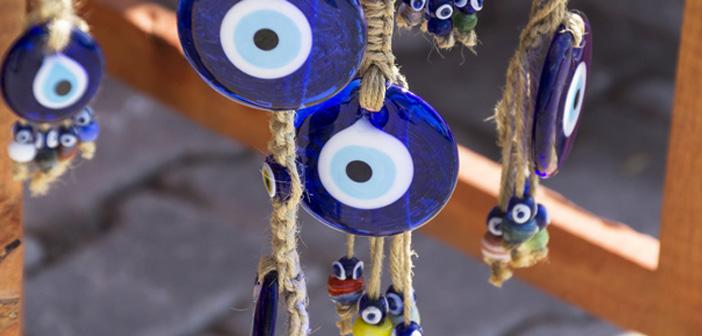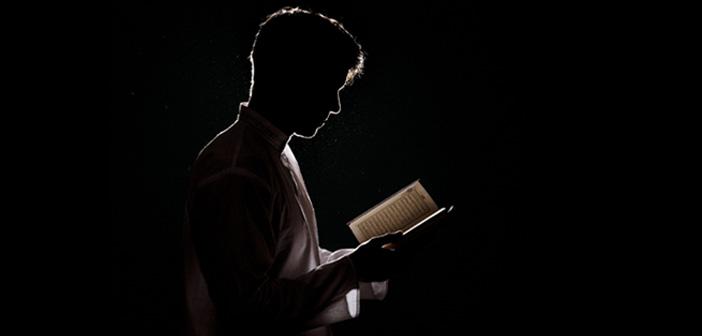Is it permissible to wear evil eye beads against the evil eye? The short answer is…
Although the nature and causes of evil eye are not known with certainty, it is also accepted by religion that some people may cause negative effects with their sights. In a hadith, it is stated as, “Seek refuge with Allah, for the evil eye is real.” (Ibn Majah, Tibb, 32) It is narrated that Prophet Muhammad (saw) recited Ayat al-Kursi and the chapters of Ikhlas and Mu’awwidhatayn (Falaq and Nas) against the evil eye, adviced his companions to do so, and he prayed to Allah directly to get rid of these. (Bukhari, Tibb, 32, 38; Tirmidhi, Tibb 16; Ibn Majah, Tibb 32, 36; Kamil Miras Tecrid Tercemesi, XII, 90).
It is a requirement of Islamic belief to expect the result from Almighty Allah after following the advice of the Prophet about the evil eye. The attitudes, behaviors, and beliefs that attribute the final effect to anyone but Allah are prohibited in our religion. For this reason, it is not permissible to wear on neck or attach somewhere the evil eye beads by expecting them to protect a person. Prophet Muhammad (saw) said the following about those who act in such way, “Whoever wears an amulet, may Allah not fulfill his need.” (Ahmad ibn Hanbal, al-Musnad, XXVIII, 623). In another hadith it is stated that those who wear evil eye beads and think that they will protect them assign partners to Allah (Ahmad ibn Hanbal, al-Musnad, XXVIII, 637). In order to be protected from the evil eye we need to quit superstitious acts and make the du’as taught us by Prophet Muhammad (Bukhari, Tibb 38; Tirmidhi, Tibb 16; Ibn Majah, Tibb 32; Kamil Miras Tecrid Tercemesi, XII, 90). Within this framework, the following dua made for his grandchildren by Prophet Muhammad should be recited along with chapters of Falaq and Nas, “O Allah! I seek Refuge with Your Perfect Words from every devil and from poisonous pests and from every evil, harmful, envious eye.” (Bukhari, Ahadith al-Anbiya, 10; Ibn Majah, Tibb, 36)
Source: Presidency Of Religious Affairs The Turkey, High Board of Religious Affairs FATWAS




